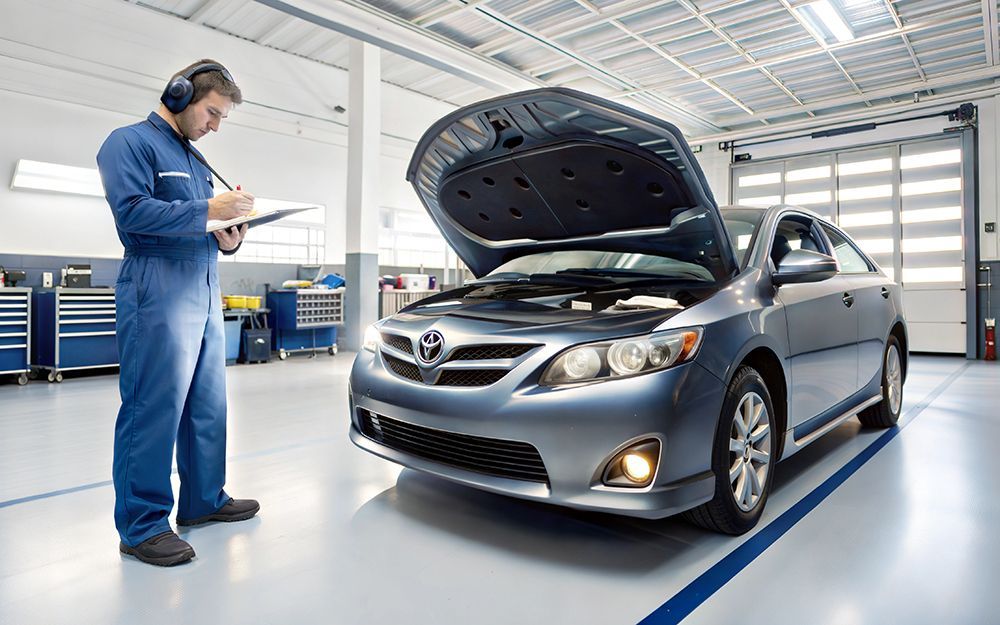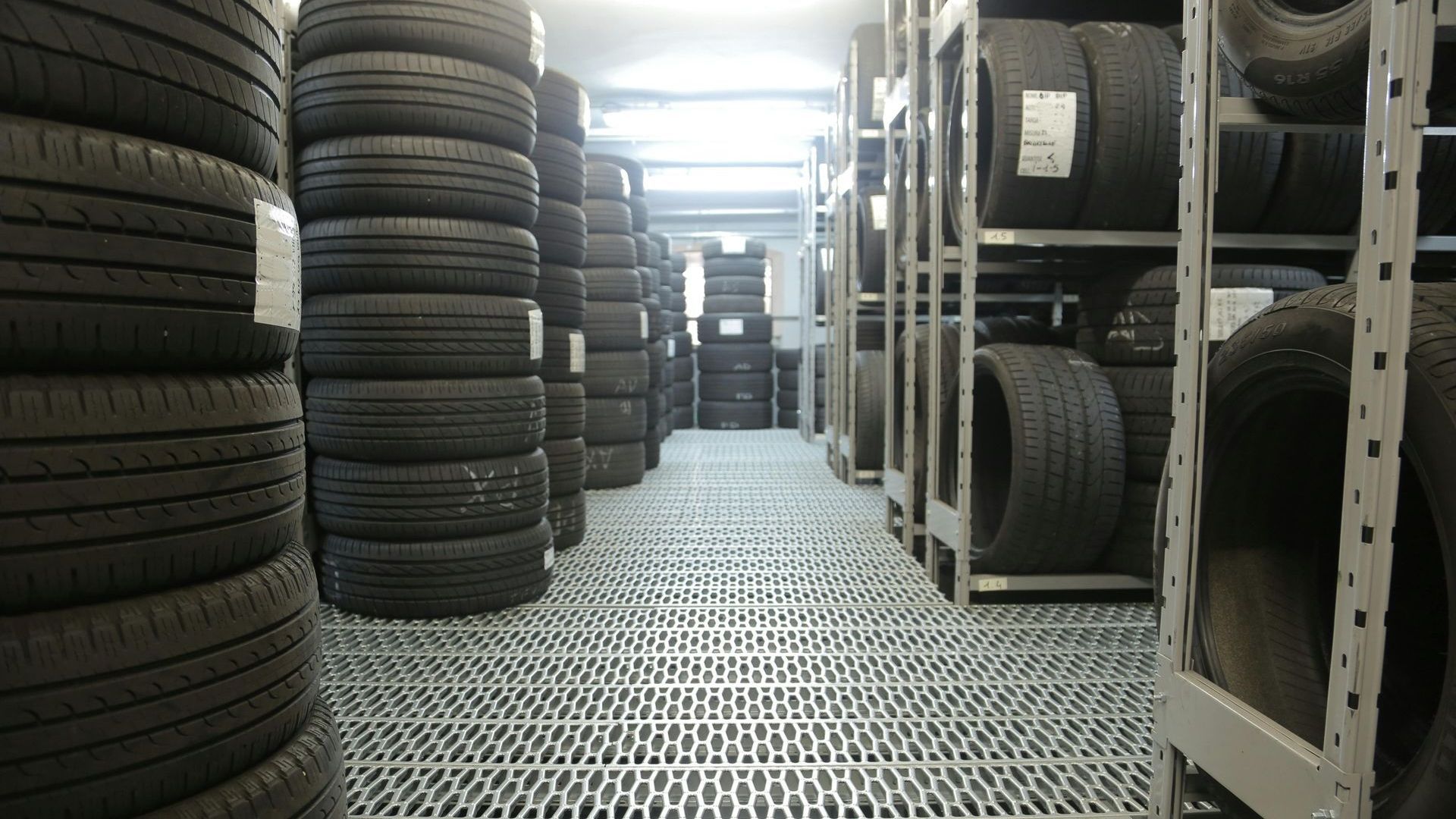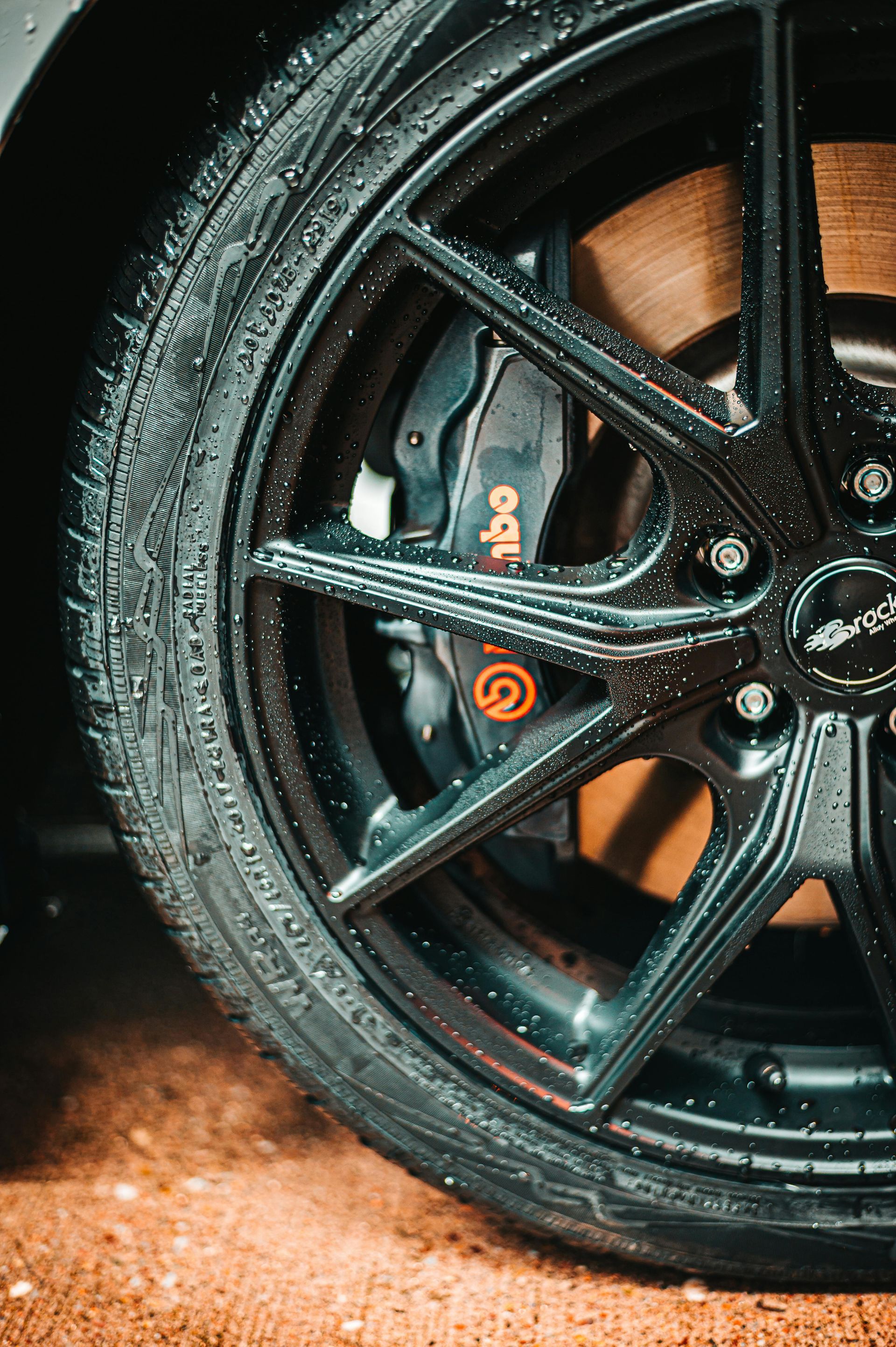What Is a Roadworthy Certificate (RWC)?
Learn what a RWC is, what it looks like and what it does and doesn't cover.
July 14, 2024

An Introduction to The RWC
If you're buying, selling, or re-registering a vehicle, you might have come across the term "Roadworthy Certificate" or RWC. Understanding what a RWC covers is essential for ensuring the safety and legality of your vehicle on the road.
In this blog, we'll break down the key aspects of what a RWC covers and why it's important. But first of all let's start with the basics..
What Does RWC Stand For?
A RWC, is an acronym for Roadworthy Certificate. But it is often referred to as a Safety Certificate and even a Roadie (not the roadie you're thinking).
What Is a RWC?
In Queensland, a RWC is a document that certifies a vehicle is safe to drive on public roads. In many states, it is a mandatory requirement for selling a vehicle or transferring it's ownership.
The certificate is issued after a thorough inspection by a licensed vehicle tester. It ensures that the vehicle meets the minimum safety standards required by law.
What's a RWC Called in Other States?
It's called many things from state to state so let's get familiar with each Australian states terminology and the requirements.
| State | Name | When Required |
|---|---|---|
| QLD | Safety Certificate, Roadworthy Certificate | When selling a vehicle, registering a vehicle, or transferring ownership. |
| NSW | Safety Check or Pink Slip | Annually for vehicles more than 5 years old for registration renewal. |
| VIC | Roadworthy Certificate | When selling a vehicle or transferring ownership. |
| TAS | Vehicle Inspection Report | When registering a vehicle or transferring ownership of vehicles more than 5 years old. |
| NT | Roadworthy Certificate | When selling a vehicle or transferring ownership. |
| SA | Not specifically named, but similar to a roadworthy inspection | Not typically required for private sales; may be required for registration of vehicles coming from another state or after vehicle modifications. |
| WA | Not specifically named, but similar to a roadworthy inspection | Not typically required for private sales; may be required for registration of vehicles coming from another state. |
| ACT | Roadworthy Certificate | When selling a vehicle or transferring ownership. |
In QLD, a RWC is Not Required When Selling an Unregistered Vehicle
What Does a RWC Look Like?
A RWC is an official document issued by a licensed vehicle tester, and it typically includes the following details:
- Header:
The top of the certificate usually features the Queensland Government name and logo along with the type of certificate and certificate number.
- Vehicle Details: Information about the vehicle, including make, model, year, body type, VIN (Vehicle Identification Number), registration number, compliance plate date, fuel type, seats and steering position.
- Inspection Details:
A summary of the inspection findings, including the date of inspection, odometer and details of the items checked.
- Tester Information:
The name of the examiner and their examiner number, the name of the AIS (Australian Inspection Station) and AIS number.
- Validity Period:
The certificate will specify the period for which it is valid, which varies depending on local regulations. In QLD a RWC is valid for 2 months or 2,000km for Private Sales and 3 months/3,000km for
Licensed Motor Dealers.
- Pass/Fail Status: The RWC will clearly indicate whether the vehicle has passed or failed the inspection. If it has failed, it may include a list of items that need to be rectified.
What Makes a Car Unroadworthy?
A car can be considered unroadworthy if it has significant safety or mechanical issues that make it unsafe to drive on public roads. Common reasons include:
- Worn or damaged brakes
- Defective tyres (bald or improperly inflated)
- Non-functioning lights (headlights, brake lights)
- Major structural rust or damage
- Issues with steering or suspension
- Cracked or damaged windscreen impairing visibility
- Non-compliant exhaust emissions
- Faulty seatbelts or airbags
What Does a RWC Cover?
Brakes
The brake system must be in good working condition. This includes the brake pads, rotors, and brake fluid levels. The inspector will check for adequate stopping power and any signs of wear or damage.
Tyres and Wheels
Tyres must have sufficient tread depth and be free from damage. The condition of the wheels, including alignment and balance, is also assessed to ensure they are safe for driving.
Steering and Suspension
The vehicle's steering and suspension systems are examined for proper function and stability. Any issues with steering response or suspension components, like shocks and struts, must be addressed.
Lights and Reflectors
All lights and reflectors, including headlights, taillights, indicators, and brake lights, must be operational. Proper illumination is crucial for visibility and safety, especially during night driving or adverse weather conditions.
Windscreen, Windows, and Wipers
The windscreen and windows should be free from cracks or significant damage. Wipers must be in good condition to ensure clear visibility in rainy conditions.
Seat Belts and Seats
All seat belts must be functional and in good condition. The inspector will also check the security and integrity of the seats.
Exhaust and Emissions
The exhaust system is checked for leaks and proper function. The vehicle must also meet emissions standards, ensuring it does not excessively pollute the environment.
Safety Features
Other safety features, such as airbags, horn, and mirrors, are also inspected. These components must be in good working order to ensure the driver's and passengers' safety.
What Doesn't a Roadworthy Cover?
While a Roadworthy Certificate (RWC) ensures a vehicle meets minimum safety standards, it doesn't cover all aspects of a vehicle's condition. Here are some key areas that a RWC does not include:
Mechanical Reliability
The RWC does not assess the overall mechanical condition of the engine, transmission, or other mechanical systems.
Non-Safety Features
Features such as air conditioning, entertainment systems, and other non-essential electronics are not checked.
Aesthetic Condition
Cosmetic aspects like paintwork, dents, or interior upholstery condition are not part of the inspection.
Learn how to spot previous accident history.
Comprehensive Diagnostics
The RWC inspection does not include advanced diagnostics or testing for underlying issues that may not be immediately visible.
Future Maintenance Needs
It does not provide an assessment of future maintenance or potential wear and tear issues that may arise.
If you're buying a car and you do want the above items checked, consider organising a pre-purchase inspection.
Final Thoughts
Obtaining a Roadworthy Certificate is a crucial step in maintaining the safety and legality of your vehicle. It covers essential components such as brakes, tyres, lights, and structural integrity, ensuring that your vehicle is fit for the road.
Whether you're selling your car, buying, or simply re-registering your vehicle, understanding what a RWC covers and what it looks like will help you keep your vehicle in top condition and ensure a smooth, safe driving experience.
Frequently Asked Questions
Can I Sell a Car Without a RWC?
Learn MoreYes you can. But there are certain measures you must take to avoid any future problems.
Why Is a RWC Important?
Safety
The primary purpose of a RWC is to ensure that the vehicle is safe to operate on public roads. It helps prevent accidents caused by mechanical failures.
Legal Requirement
In many regions, a Roadworthy is required to sell your car or transfer a vehicles registration. It ensures that buyers are aware of the vehicle's condition. For more detailed information, visit the Queensland Government's Safety Certificates page.
Resale Value
A vehicle with a current RWC often has a higher resale value, as it provides assurance to potential used car buyers regarding the vehicle's condition.
What Does a RWC Cover?
Brakes, tyres and wheels, steering and suspension, lights and reflectors, seatbelts and seats, exhaust and emissions, safety features.
What Doesn't a RWC Cover?
Mechanical reliability, non-safety features, aesthetic condition, comprehensive diagnostics, future maintenance needs.
How Long Does a RWC Last?
Learn MorePrivate sale: Valid for 2 months or 2,000 km, whichever comes first.
Dealer sale: Valid for 3 months or 1,000 km, whichever comes first.










